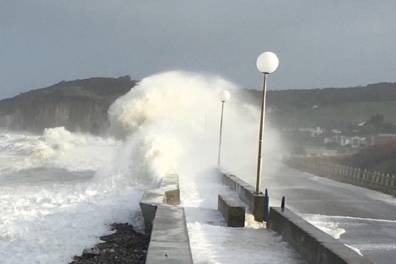
The broad aim of PACCo is to demonstrate that it is possible to work with stakeholders in estuarine regions to deliver a range of benefits for people and the environment by adapting pre-emptively to climate change. It has a total value of €27 with €18m coming from the European Regional Development Fund (ERDF). The primary output will be a transferable model to influence policy makers at national and EU level and enable climate change adaptation at more sites.
The project focuses on two pilot sites: the lower Otter Valley, East Devon, England (www.lowerotterrestorationproject.co.uk) and the Saâne Valley in Normandy, France (DOSSIER DE PRESSE – Basse Saâne 2050 (basse-saane-2050.com).
The key project messages are:
Climate change threatens coastal areas and adaptation will be necessary for many communities.
Pre-emptive adaptation of coastal regions is possible and presents an opportunity to bring long-term social, environmental and economic benefits
Early adaptation to climate change will be more cost-effective and provide better value for money for society than late or inaction when considered over the medium and long term.
Late adaptation to climate change results in a greater burden on future generations who must then pay the costs of inaction as well as the cost of adapting late.
The PACCo model can be used to ascertain whether adaptation
is right for a coastal area, and if so, provides guidance on how to proceed









